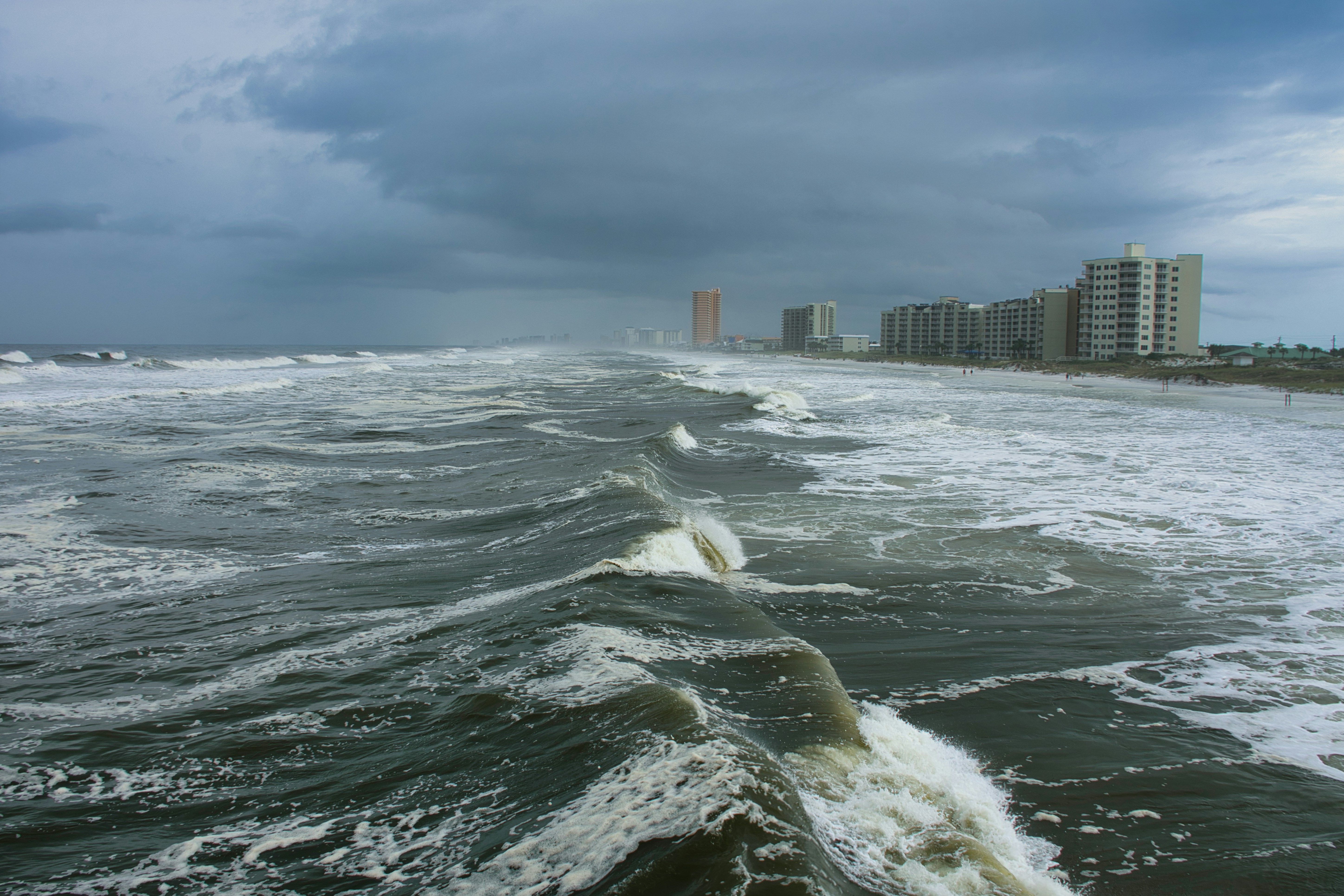
The Vital Role of Nonprofits in Hurricane Relief
Nonprofit organizations are at the forefront of relief efforts during hurricane seasons. As hurricanes wreak havoc on communities, these organizations step up to provide essential services that are critical in disaster recovery. By leveraging their resources and community connections, nonprofits ensure that aid reaches the most vulnerable populations swiftly and effectively.
Immediate Response: Providing Emergency Relief
When a hurricane strikes, the immediate needs of affected communities include food, water, shelter, and medical care. Nonprofits like the HelpNow Project mobilize rapidly, deploying teams and resources to areas most in need. These organizations often collaborate with local authorities and other agencies to set up relief centers, distribute supplies, and provide emergency medical services.
Furthermore, nonprofits engage in crucial communication efforts, helping to disseminate important information regarding safety and resources available to the public. This aligns with best practices outlined by the U.S. government’s hurricane preparedness guidelines.
Long-term Recovery and Rebuilding
The work of nonprofits extends well beyond the immediate aftermath of a hurricane. Long-term recovery is an arduous process, involving rebuilding infrastructure, restoring public services, and supporting individuals in returning to normalcy. Nonprofits play an instrumental role in coordinating these efforts, offering both financial and technical support.
For instance, organizations provide grants and loans to help individuals and businesses recover financially. They also assist in rebuilding homes, schools, and community centers, often using sustainable practices to enhance future resilience. Learn more about sustainable practices in post-hurricane reconstruction from our recent blog post on sustainable post-hurricane practices.
Mental Health Support: A Holistic Approach
Hurricanes can have a profound impact on mental health. The stress and trauma from losing loved ones, homes, and livelihoods can lead to long-term psychological effects. Nonprofits address these issues by offering mental health services, including counseling and support groups.
By partnering with mental health professionals, these organizations ensure that affected individuals receive the care they need to process their experiences and begin healing. Additionally, they often conduct workshops and educational sessions to raise awareness about the importance of mental health care in disaster recovery.
Building Community Resilience
Beyond immediate relief and recovery, nonprofits invest in building community resilience. This involves educating communities about disaster preparedness, helping them develop robust response plans, and encouraging community engagement in safety initiatives.
One effective strategy is the implementation of hurricane drills, which empower communities to respond efficiently and calmly in the event of another disaster. By fostering a culture of preparedness, nonprofits contribute significantly to the safety and resilience of hurricane-prone areas.
Challenges and Opportunities
Nonprofits face numerous challenges in their relief efforts, including limited resources, logistical hurdles, and regulatory constraints. However, they continuously adapt and innovate to overcome these obstacles. Technologies such as drones and AI models offer new ways to assess damage and predict future hurricanes, thus enhancing the effectiveness of response efforts.
Looking ahead, there is a growing emphasis on forming strategic partnerships. By collaborating with government entities, private sectors, and other nonprofits, these organizations can amplify their impact. The possibilities for public-private partnerships are extensive, allowing for the pooling of resources and expertise to tackle complex issues more effectively.
Supporting Nonprofits in Their Mission
Community support is vital for the success of nonprofit organizations in their relief efforts. Volunteering time, donating funds, or providing in-kind support are just a few ways individuals can contribute. Learn how you can get involved with our HelpNow community to support hurricane relief initiatives.
For those looking to make a financial contribution, consider visiting our donation page to help us continue our mission of providing critical aid and support to those affected by hurricanes.
Nonprofits are indispensable in the realm of hurricane relief. Their dedication and tireless efforts ensure that communities not only recover from disasters but emerge stronger and more resilient. Through support and collaboration, we can help them continue to make a significant difference in the lives of those they serve.
